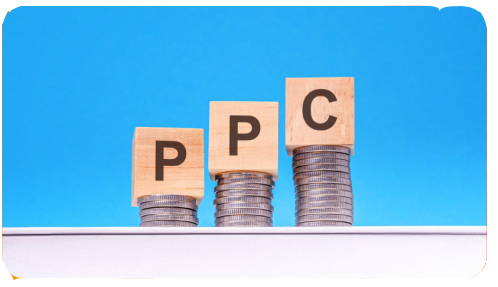On-page optimization for ecommerce SEO
Optimizing product pages for keywords and user experience
On-page optimization is an essential part of ecommerce SEO, as it involves making changes to your website’s content and structure to improve its visibility and ranking in search results. When it comes to product pages, it’s important to optimize them for relevant keywords and provide a great user experience.
This includes using clear, descriptive titles and product descriptions that include your target keywords, as well as including high-quality images and videos. You should also consider the layout and organization of your product pages, as well as the overall design and functionality of your website, to ensure that it’s easy for users to navigate and find what they’re looking for.
The role of meta tags, title tags, and alt tags
Meta tags, title tags, and alt tags are important elements of on-page optimization for ecommerce SEO. Meta tags provide information about a webpage to search engines and include the title tag, which is the text that appears in the search results, and the meta description, which provides a brief summary of the page’s content.
Title tags and meta descriptions should include your target keywords and be written in a way that is descriptive and compelling to users. Alt tags, on the other hand, provide alternative text for images, which can be useful for search engines that are unable to interpret images and for users with visual impairments.
The importance of a clean and user-friendly URL structure
A clean and user-friendly URL structure is also important for on-page optimization in ecommerce. URLs that are easy to read and understand can help improve your website’s visibility and ranking in search results, as well as make it easier for users to navigate your site.
A well-organized URL structure can also help search engines understand the hierarchy and organization of your website and its content. When creating URLs for your ecommerce products, it’s important to include relevant keywords and make sure that they are short, concise, and easy to understand.


